Twelve months on from News Corp’s stunning expose of 23 Chinese swimmers who escaped punishment after testing positive to a banned drug, we reveal what’s changed - and the ugly battles that continue to plague the world’s anti-doping groups.
A year on, the explosive feud that was triggered by the revelations 23 top Chinese swimmers secretly escaped punishment after testing positive for a banned performance-enhancing drug, still isn’t any closer to being resolved to everyone’s satisfaction.
In one corner, the World Anti-Doping Agency (WADA) continues to refute any suggestions it bent the rules, maintaining that the Chinese swimmers were all innocent victims of food contamination.
As such, no Chinese swimmers or officials have been sanctioned or are facing the threat of punishment, although WADA can theoretically reopen the investigation if any fresh evidence is presented.
A WADA spokesman said the agency had followed the rules to the letter and the critics who suggest otherwise are all wrong.
“As it relates to the Chinese swimmers, the cases were reviewed thoroughly from the legal and scientific perspectives, with all due diligence and scepticism,” WADA told Code Sports.
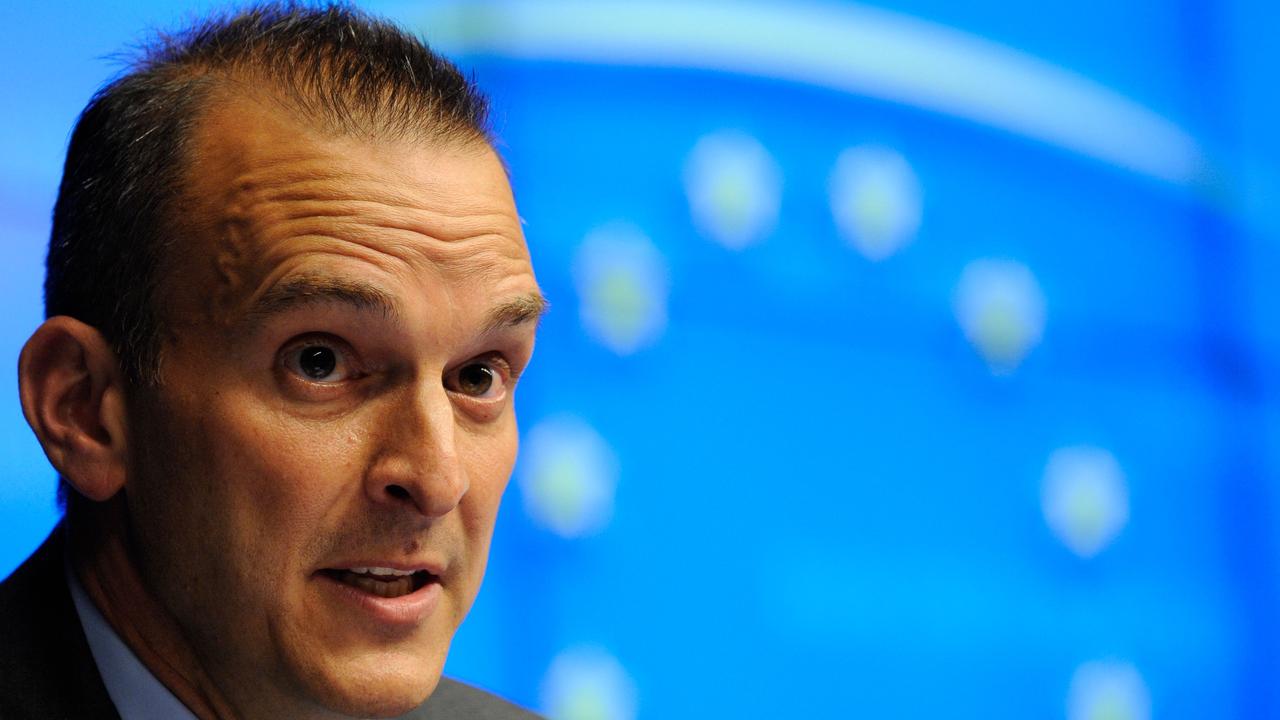
WADA promo graphic 2
“And despite our scepticism, all the verifiable facts of the case revealed no evidence to challenge the contamination scenario presented by the athletes. Rather, it all pointed towards no-fault contamination versus intentional ingestion.
“In light of some deeply flawed reporting and defamatory comments, WADA took the decision to empower an independent Prosecutor, Mr Eric Cottier, to conduct a complete review of WADA’s handling of the cases.
“With access to all the information, including the full case file, Mr Cottier concluded that WADA showed no bias towards China, that its decision not to appeal the Chinese swimming cases to the Court of Arbitration for Sport (CAS) was “indisputably reasonable” based on the evidence, and that WADA followed the rules at all times.”
But in the other corner, there are plenty of doubters, including rival athletes and other drug-catching agencies, calling for further scrutiny on the global anti-doping regulator.

In their view, there’s already enough evidence to take the case to CAS and they have accused WADA of going soft on China, claiming the agency had employed double standards by going to extreme lengths to catch tiddlers while letting others off the hook.
CONFIDENCE IS KEY
“It’s very easy to understand why athletes have lost confidence and trust in the system,” Travis Tygart, the chief executive of the United States Anti-Doping Agency (USADA), told Code Sports.
“Anti-doping is not an international sport federation, but unfortunately it’s being run like one.
“We are the referees and the referees have to be clear, unbiased, objective and uniform in the enforcement of the rules.
“There’s no question that WADA allowed China to blatantly disregard the rules and have no consequence to the outcome of that. And athletes around the world are saying, ‘how is that possible?’” Tygart said.
Tygart is not alone in crying foul over the Chinese cases, which were first brought to the world’s attention by Code Sports 12 months ago.
Typically, any athlete who fails a drugs test receives some type of penalty under their sport’s strict liability policies, which dictates that competitors are ultimately responsible for any banned substance found in their body, regardless of how it got there.
The Chinese swimmers were all exonerated after testing positive to trimetazidine, the same prohibited drug that Sun Yang was once banned for, at a training camp held just months before the start of the delayed 2021 Tokyo Olympics.
Chinese anti-doping authorities (CHINADA) acquitted the swimmers after deeming the positive samples were the result of contaminated food prepared in a hotel kitchen.
WADA and World Aquatics both accepted the findings and more than half of the 23 Chinese swimmers have since competed at the Tokyo and Paris Olympics and the 2022, 2023 and 2024 world championships, stockpiling dozens of medals and breaking world records.
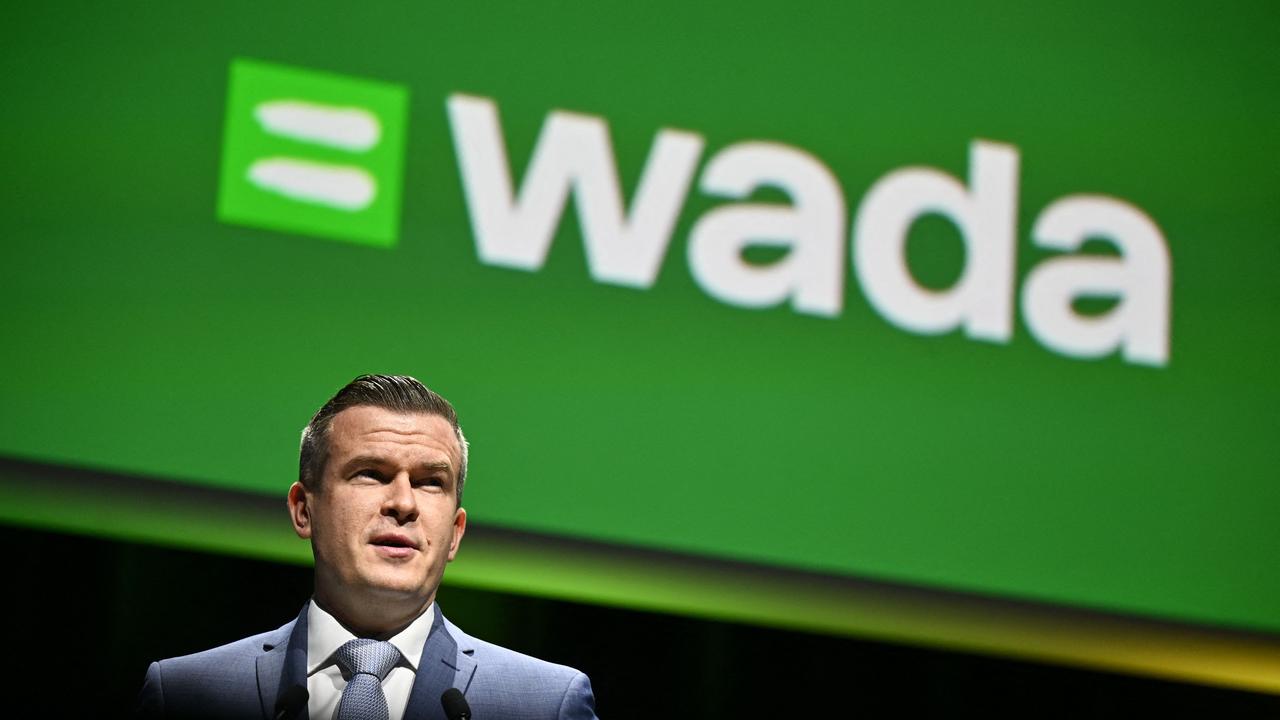
Rob Koehler, the director general of Global Athlete, said nothing he’s heard or seen since the decision has changed his mind that the Chinese got away scot-free.
“A year has passed, and while the global regulator and World Aquatics may have hoped this issue would vanish within a month, the continued attention, questions and concerns from the sporting world highlight the severity of the breach of rules and alleged cover-up,” Koehler said.
“In fact, the Cottier report commissioned by WADA explicitly stated that contamination was not proven and intentional use could not be ruled out.”
He said it appeared that China was allowed to operate under a separate set of rules, exempting them from the standards that all other athletes must abide by.
TYGART’S TAKE ON IT ALL
Although he’s far from alone, Tygart remains WADA’s most outspoken critic.
A fearless anti-drugs crusader, he’s the same American lawyer who busted cyclist Lance Armstrong after WADA’s drug tests failed to catch sport’s most brazen cheat.
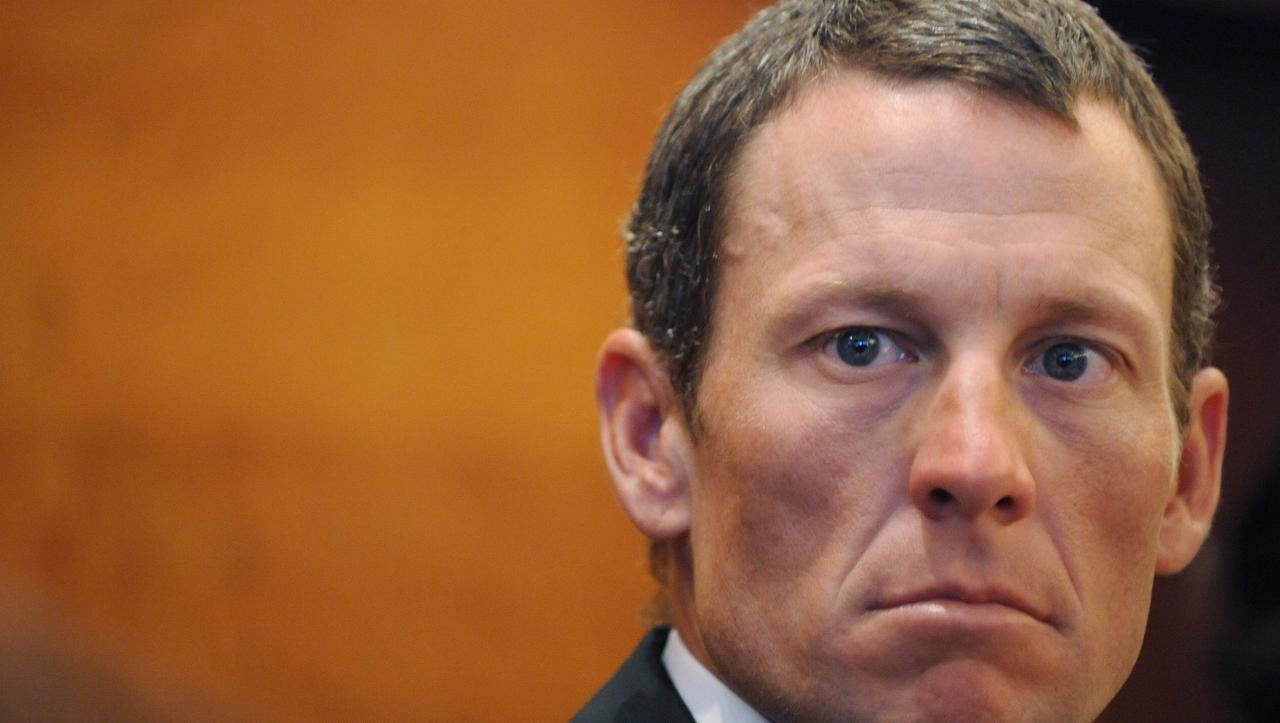
WADA doping story Picture 3
Subjected to death threats, one from a fan of Armstrong who threatened to nail him to a tree and skin him alive, Tygart never flinched and eventually got his man and is refusing to back down against WADA, which had threatened him and USADA with defamation.
“If you speak out, if you ask a question, you get shot down or you get sued,” Tygart said.
“And that sends a very powerful message that WADA is not going to take to those that speak out.
“I’ve been doing this now for 25 years, I’ve never seen such a divide and lack of confidence of athletes in the global regulatory body and in the system.
“If you’re having to explain the system, you’ve lost. You shouldn’t have to explain over and over and over why these cases, why the rules aren’t being followed in the way that we say these rules are supposed to be followed.”
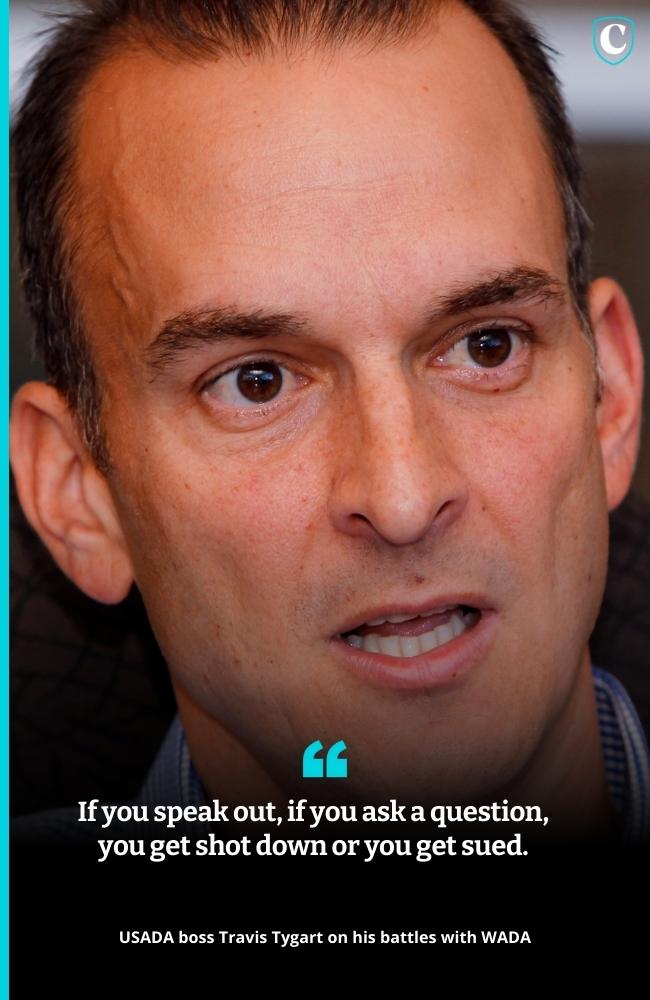
WADA recently dropped its defamation case against Tygart, but still stands by its belief that his criticism is unfair and unjustified.
“While we remain convinced that the lawsuit would have been successful on its merits, we have determined that it is futile to argue with somebody who is unwilling to accept clear evidence, whose only goal is to damage WADA and the global anti-doping system, and who has no desire to find a resolution,” a WADA spokesman said.
“Unfortunately, due to his actions we no longer take Mr Tygart seriously as a credible clean sport partner within the anti-doping community. We are now putting this behind us and moving forward in collaboration with our stakeholders for the good of all athletes around the world.”
THE TENNIS TROUBLES
But it’s not just the Chinese swimming case that has raised questions around how anti-doping matters are currently being dealt with.
WADA has also come under fire over its handling of two separate cases involving the top tennis players in the world.
Italy’s Jannik Sinner found himself at the centre of a drugs storm after he tested positive last year for the anabolic agent clostebol.

Wada promo 5 pic
With a high-powered legal team behind him, the world number one was able to prove the steroid came from a team masseur, who had applied an over-the-counter spray containing the banned steroid clostebol to his own skin to treat a small wound.
But questions were raised when WADA used a rarely-used loophole to cut a deal with Sinner, allowing the Italian to serve a three-month ban, starting shortly after he had won the Australian Open in January, but expiring just in time for him to compete at the French Open, the second grand slam of 2025.
Serena Williams was among the many tennis professionals who have queried the Sinner penalty.
“If I did that, I would have gotten 20 years,” she told Time Magazine.
“Let’s be honest. I would have gotten grand slams taken away from me.”

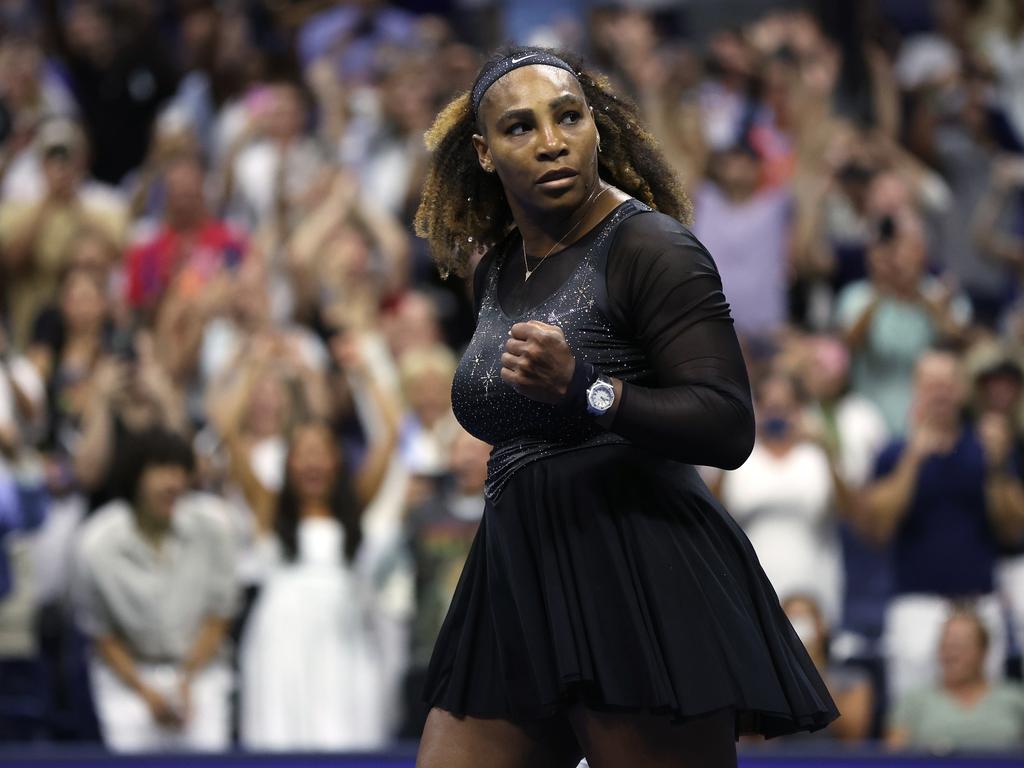

Around the same time, the women’s tennis star Iga Swiątek accepted a one-month suspension a year after testing positive for TMZ, the same drug as the Chinese swimmers, which normally incurs a longer suspension.
One glaring example is the teenage Russian ice skater Kamila Valieva, who was given a four-year ban in 2024 after TMZ was found in her system. Valieva’s lawyers accused WADA of withholding and altering evidence that could have proven her contamination claim. WADA refuted this.
Regardless, Tygart said the discrepancies between penalties was heavily contributing to the growing distrust of WADA and the way it is funded.
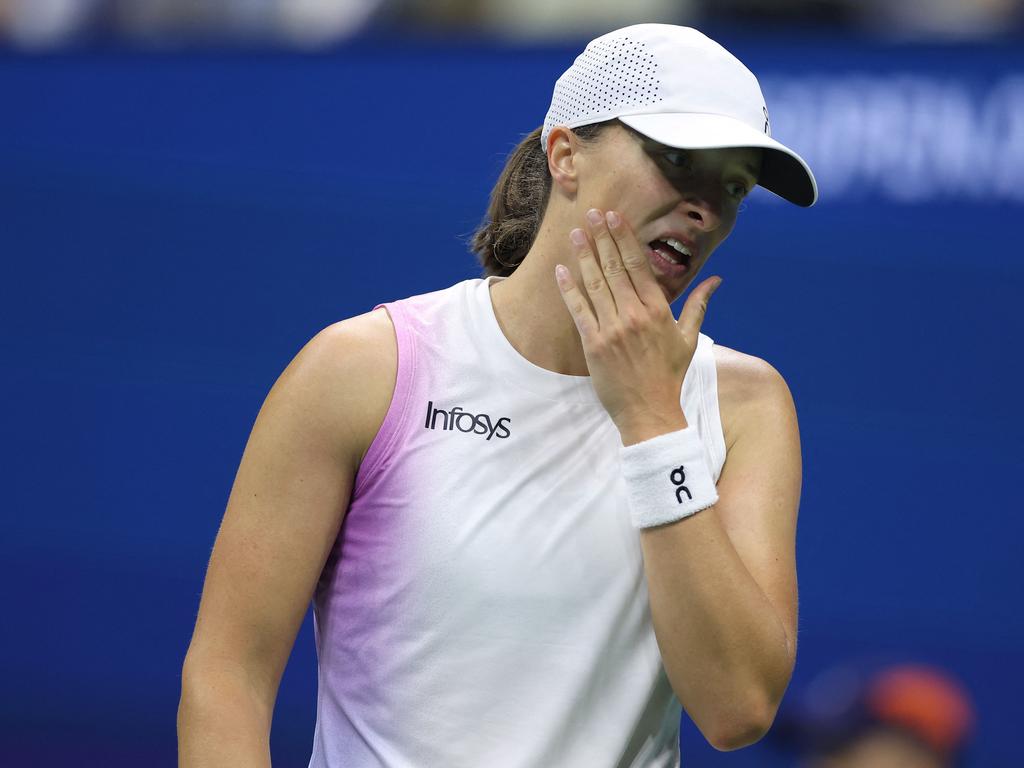
Around half of its money comes from the International Olympic Committee (IOC) with the rest coming from governments, including Australia.
China is among WADA’s biggest contributors while the US withdrew its finding contributions in the wake of the Chinese swimming furore.
Tygart said he had no doubt that if any swimmers from Australia failed a doping test they would be prevented from going to the Olympics.
“They would have all received four-year suspensions, been provisionally suspended, so they wouldn’t have been allowed at their trials,” he said.
“At a minimum, like what happened in the Shayna Jack case, they would have received two year suspensions.”
HOW TO CRACK THE CODE
Along with Global Athlete, Tygart is now calling for WADA to either be abolished or completely overhauled, saying major reforms are urgently needed to restore faith in the system.
“The only question is, if WADA doesn’t change the rule, how many lambs are we going to send to the slaughter?” he said.
“We’re investing tens of millions of dollars, as is Australia, into athletes to go and win at the highest levels.
“You want an innocent athlete getting a two or four year sanction? That’s a ridiculous system. Nobody wants that to happen. But yet, that’s exactly what was happening, and still happens today.”

Final WAda promo pic
The global regulator has acknowledged some of the criticism and is currently drafting a new version of the WADA Code, which will come into effect in 2027.
Sport Integrity Australia (SIA) has also been active in pushing for changes to the WADA Code with new CEO Sarah Benson saying everyone needs to work together.
“SIA is an active participant in providing feedback to WADA on proposed changes to the Code and we absolutely need to be looking for opportunities to improve,” she said.
“There will be tensions and disagreements along the way as we harmonise across the globe, but it’s how we deal with those tensions and disagreements which is important.
“There is no disagreement about the global anti-doping system’s purpose, which is to build and maintain a fair and transparent system that athletes can trust.
“If we seek to undermine the system it doesn’t serve the purpose we’re working towards, we will then lose everyone’s trust.”

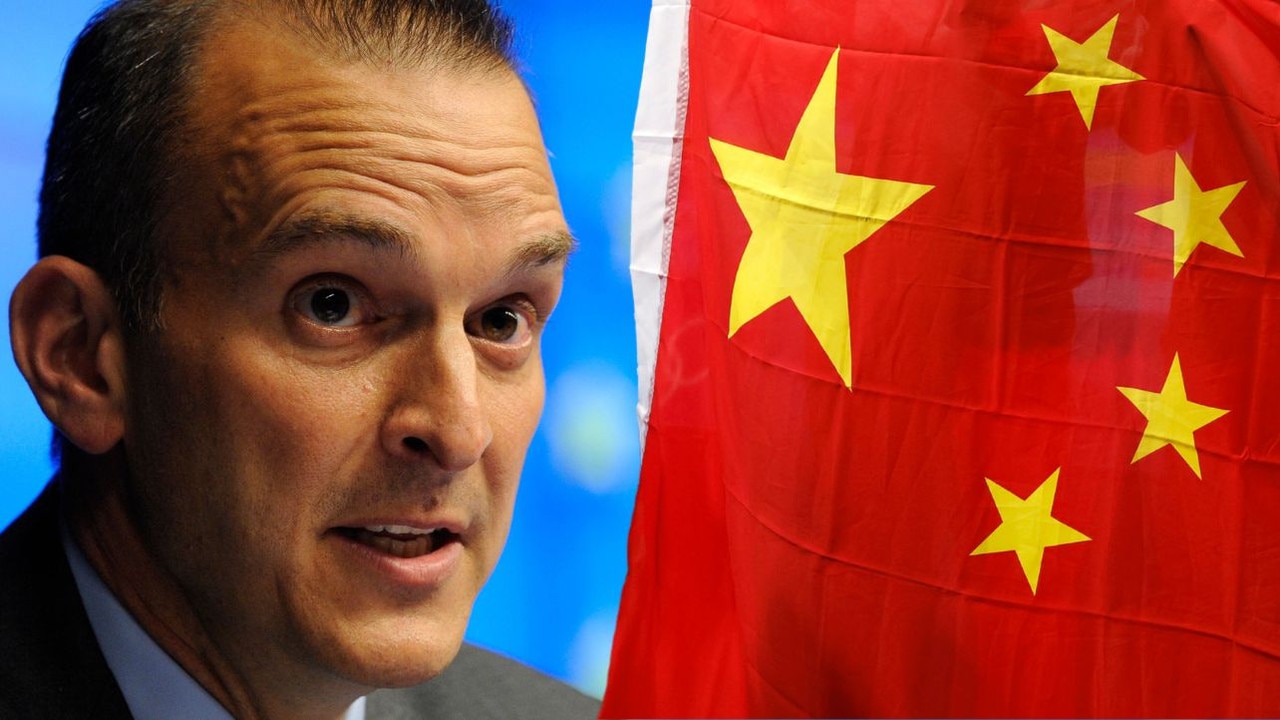
MCG’s response to Welcome to Country booing
After booing marred a Welcome to Country ceremony earlier on Anzac Day, all eyes were on the MCG ahead of the big match.
NRL world blows up after latest sin bin call
The wild inconsistencies from NRL referees and the much maligned Bunker roared back in the Roosters’ big Anzac Day win.